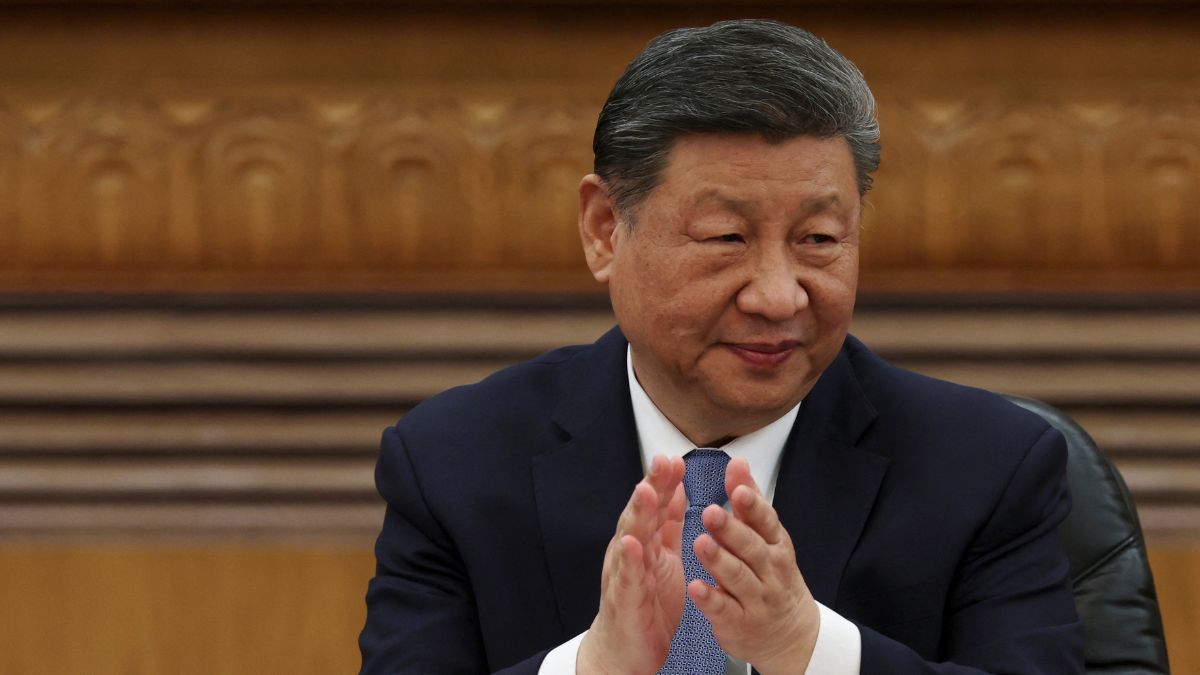China is cracking down on its government officials.
Beijing has ordered officials to cut wasteful and unnecessary expenditure.
The government has specifically targeted alcohol, flowers and cigarettes.
But what happened? Why is China suddenly tamping down on officials?
Let’s take a closer look:
What happened?
As per Mint, China has ordered officials to curb spending on travel, food and the office expenses such as receptions.
As per Bloomberg, the notice calls for “strict diligence and thrift” and an opposition to “extravagance and waste”.
“Waste is shameful and economy is glorious,” the notice added.
The outlet reported that the notice issued to Chinese officials specifically singled out flowers and cigarettes.
As per India Today, Cai Qi, a member of the Communist Party’s powerful seven-member Politburo Standing Committee, on Saturday ordered party cadres in Hebei province to halt “extravagant eating and drinking.”
Why is China cracking down?
Xi Jinping is seemingly making a push for austerity as China’s economy struggles amid a trade war with the United States.
As per India Today, revenue from land sales has slowed down and local governments are thought to be bearing a huge debt burden.
Recent economic readings show growth remains patchy and lacklustre.
China’s new home prices were unchanged in April from a month earlier, official data showed on Monday, extending the no-growth trend to nearly two years despite policymakers’ efforts to stabilise the sector. Meanwhile, new bank loans also tumbled more than expected last month. Officials at this year’s legislative meetings in March vowed to boost the economy by providing more financial support to the people.
As per Bloomberg, China in 2024 began trying to mitigate risks from the massive debt of local governments. The idea was to minimise risks of default and giving local governments space to support economic growth. The Chinese government in late 2023 had warned officials to “get used to belt-tightening.”
This came as part of Xi’s crackdown on corruption and displays of wealth. Xi in 2012 had a made a push to curb costs after he came to power. This was part of a wider campaign against corruption in China.
China cut benchmark lending rates for the first time since October on Tuesday, while major state banks lowered deposit rates as authorities work to ease monetary policy to help buffer the economy from the impact of the China-US trade war.
The widely expected rate cuts are aimed at stimulating consumption and loan growth as the world’s No 2 economy softens, while still protecting commercial lenders’ shrinking profit margins.
The rate cuts are part of a package of measures announced by PBOC Governor Pan Gongsheng and other financial regulators before talks between China and the US in Geneva earlier this month that led to a de-escalation in their trade war. The property sector has yet to show signs of recovery, with home prices stagnating and investment in the sector shrinking.
Retail sales, a measure of consumption, rose 5.1 per cent in April, down from a 5.9 per cent increase in March, and missed forecasts for a 5.5 per cent expansion.
Economists attributed the slowdown to the impact of US tariffs on consumer expectations and tepid demand at home.
Commodity sectors also showed signs of weakness with the country’s daily crude oil processing rate down 4.9 per cent in April from March, while crude steel output slid 7 per cent month-on-month.
With inputs from agencies


)

)
)
)
)
)
)
)
)



